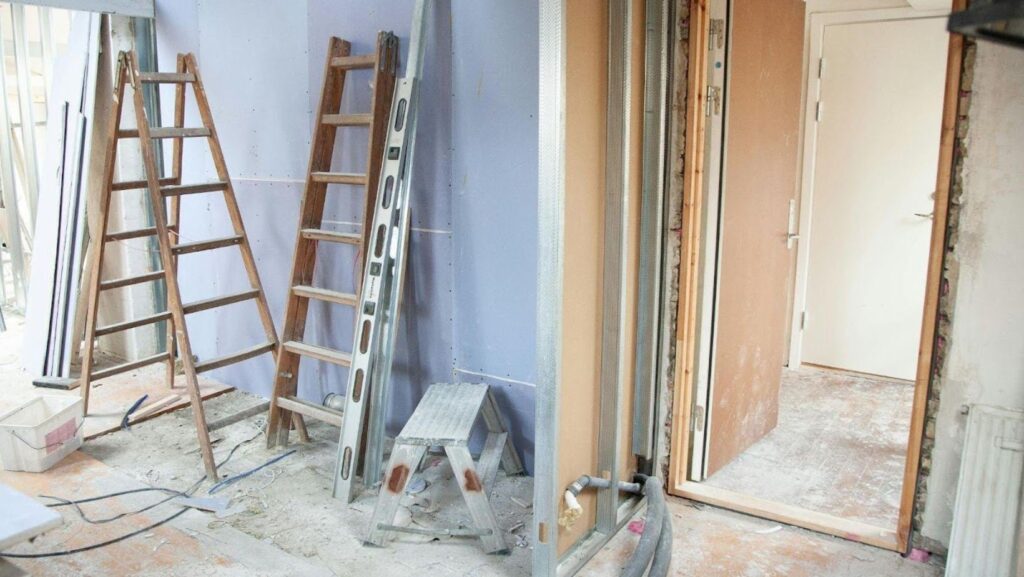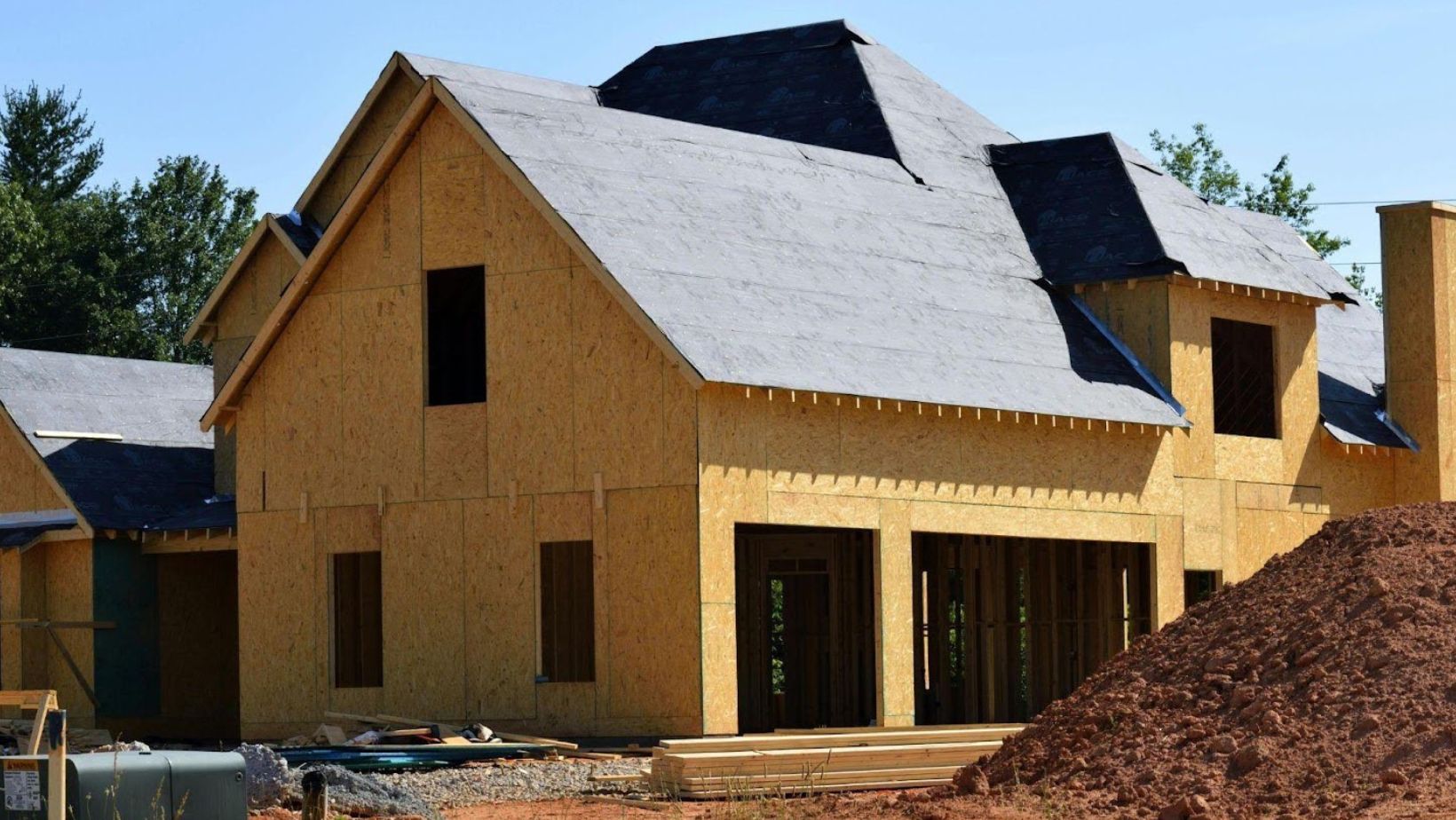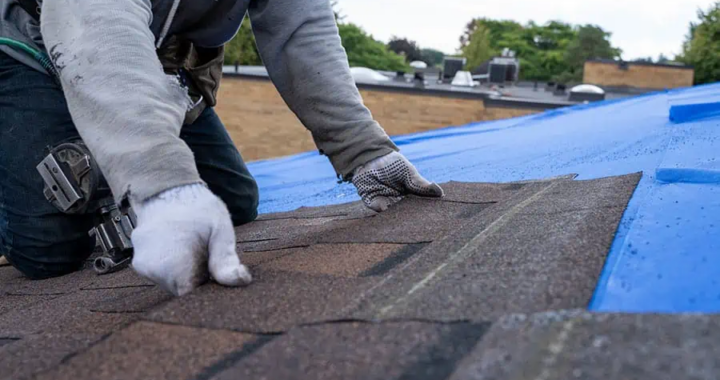How to Choose the Right Heating System During Home Construction

Building a new home is an exciting journey. You get to make every decision. You choose the paint colors. You select the flooring. One of the most critical choices is your heating system.
This is not a decision to rush. Your heating system affects your comfort for years. It also impacts your monthly bills. Getting it right from the start saves money and stress later. Think of it as the heart of your new home. Let’s explore how to make the best choice.
Lay the Groundwork With Research
Your first step is understanding your options. Do not wait until the last minute. Heating systems are a long-term investment. Different systems offer different benefits. You might consider a traditional furnace. A heat pump could be a great all-in-one solution. Radiant floor heating provides luxurious warmth.
Your local climate is a huge factor. A very cold climate demands a robust system. This is where local expertise becomes invaluable. For instance, if you’re building a house in Ottawa, research expert furnace installation for your Ottawa home early in the process. Local professionals understand the specific challenges of your area. They know what works best during deep winter freezes.
Fuel Source Fundamentals
Your heating system needs energy to run. The available fuel sources will shape your decision. Natural gas is a common and often cost-effective choice. It powers high-efficiency furnaces and boilers. Propane is another option, especially in areas without gas lines. Electricity can power furnaces, heat pumps, and baseboard heaters.
Your choice affects your installation costs. It also determines your long-term operating expenses. Consider the price stability of each fuel type. Think about your personal preferences for sustainability. This foundational decision narrows down your system options considerably.
The Efficiency Equation
Modern heating systems come with an efficiency rating. This number is crucial. It tells you how well the unit converts fuel into heat. A higher rating means less wasted energy. It also means lower utility bills. Look for units with high Annual Fuel Utilization Efficiency (AFUE) ratings for furnaces. For heat pumps, check the Heating Seasonal Performance Factor (HSPF).
Investing in a high-efficiency model might cost more upfront. The savings over the system’s lifetime, however, are substantial. This is a perfect example of spending now to save later.
System Synergy and Zoning
Your heating system should work with your home’s design. This is the beauty of building new. You can plan for perfect integration. A forced-air system like a furnace requires ductwork. This can also be used for central air conditioning. A ductless system offers flexible zoning for different parts of the house. Radiant heating is installed within the floors.
Consider the concept of zoning. Zoning lets you control the temperature in different areas independently. You can keep bedrooms cool and living rooms warm. This maximizes comfort and minimizes energy waste.
Sizing Matters Most
Bigger is not better in the world of heating. An oversized system is a poor choice. It will heat your home too quickly. Then it will shut off. This cycle of short bursts is called “short cycling.” It wastes energy. It causes extra wear and tear on the components. An undersized system will run constantly. It will never quite reach the desired temperature.
The solution is a Manual J calculation. This is a professional assessment of your home’s specific heat loss. It considers insulation, window quality, and house orientation. A proper load calculation ensures your system is perfectly sized.
The Installation Imperative
The best equipment in the world will fail with a bad installation. Proper installation is everything. It ensures safety, efficiency, and system longevity. You must choose a qualified, licensed HVAC contractor. Do not let your general builder select the lowest bidder. Your HVAC system is too important.
Ask for references. Check online reviews. A professional installer will get the ductwork design right. They will ensure all vents are placed correctly. They will handle the complex electrical and gas connections safely. This step protects your investment.
Your Comfort, Your Choice
Choosing a heating system is a big decision. It involves careful research and planning. Consider your local climate and available fuels. Prioritize energy efficiency for long-term savings. Think about how the system integrates with your new home’s layout.
Most importantly, insist on a professional load calculation and installation. Your heating system is the silent guardian of your comfort. Making a smart, informed choice today guarantees a warm and welcoming home for countless winters to come.


 The Standards Most People Ignore When Selecting Wood Screws
The Standards Most People Ignore When Selecting Wood Screws  Perfect Tips for Choosing Egress Windows for Your Basement
Perfect Tips for Choosing Egress Windows for Your Basement  What Is Included in a Roof Replacement?
What Is Included in a Roof Replacement?